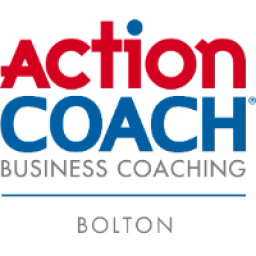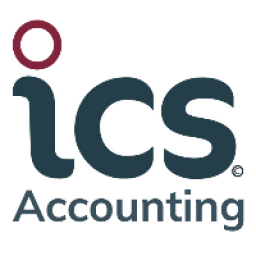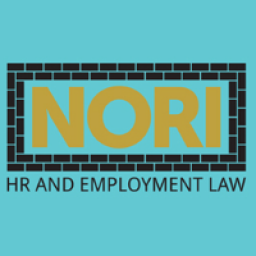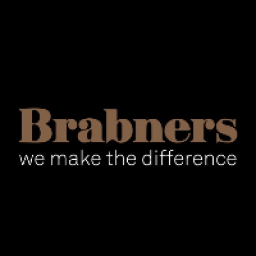I thought I would take it back to basics for this blog. What is a trust and why would you need one?
Put simply, a trust is a private legal arrangement in which a person (the settlor) transfers money or assets to others (the trustees) for them to look after on behalf of certain other people (the beneficiaries). The trustees must follow the rules set out when the trust was created.
Trusts stem from the middle ages, when wealthy landowners left England to fight in the Crusades. They transferred legal title of their estates to another person to manage and receive feudal dues in their absence. Unfortunately, these people sometimes refused to hand back the land when the Crusader returned. Legally, the former owner had no claim to the land, but this was deemed unjust and thus the system of “equity” was developed to right the situation, with the legal owner the trustee and the Crusader the beneficiary ultimately entitled to the land.
But enough history…why would you use a Trust today?
Trusts are widely misunderstood, with a perception that they are only used for improper purposes or by the super-rich, but in fact there are many situations where trusts perform a valuable role.
Trusts play such a wide part in society that you may already be using one, for example if you own your home jointly, if you have a pension that is held in a trust scheme, or if you have a life insurance policy or death in service benefit that is written into trust. You may have donated money to a charitable trust, such as The National Trust.
You can set up your own trust during your lifetime or in your Will, as part of your inheritance tax planning, or if there is a need to support children or other vulnerable beneficiaries. Rather than give money away outright, trusts allow for flexibility and control over when the money can be used.
What are the different types of Trust?
The main types of trust are:
Discretionary Trusts – the settlor will choose a potential class of beneficiaries and give the trustees discretion over what gets paid out and to who. This is the most flexible option. You would write a ‘letter of wishes’ to guide your trustees.
Interest in Possession Trusts – the beneficiary has a right to all the income from the trust assets, for example dividends from a share portfolio, or has the right to occupy a property. This type of trust is commonly used in a Will, where a person wants to give their partner a right to enjoy the trust assets after their death but wants to preserve the capital for children of an earlier marriage.
Vulnerable Beneficiary Trusts – used to support people with disabilities, or minors whose parents have died, these trusts are efficient from a tax point of view.
Can I use a Trust to save tax?
You may have heard of the ‘seven-year rule’: provided you survive seven years from making a gift into trust, the assets are removed from your estate and you don’t pay inheritance tax on them when you die. This makes them a valuable estate planning tool.
You can put £325,000 into a trust tax-free (or £650,000 for a couple), as long as you have not made any taxable gifts in the last seven years.
However, a trust is subject to income and capital gains tax and sometimes even inheritance tax during its lifetime, and the trustees may have to file annual self-assessment tax returns.
Can I use a Trust to avoid paying care home fees?
Some companies may tell you that you can avoid paying care home fees by placing your home into trust. Such schemes are very risky. It is possible for the local authority to overturn any such trust, particularly if it can show that one of the main reasons you put the house into trust was to avoid care costs. In addition, people can often be landed with avoidable inheritance tax bills, because they did not fully understand the tax consequences of gifting away their property.
Who should I appoint as a trustee?
Being a trustee is a big responsibility, and you should make sure you appoint people you trust, who are financially competent, and who understand and appreciate your wishes and feelings. You must appoint at least two trustees, generally comprised of family members, friends or professional trustees. You can even appoint yourself as trustee!
The trustees have duties to act in the best interests of beneficiaries, to invest the trust assets and take professional advice where appropriate. Trustees can be liable for any loss to the trust, or where they do not follow the terms of the trust.
If you have been appointed as a trustee, it is a good idea to seek legal advice to make sure you are complying with your obligations.
Is a Trust right for me?
Our experts can talk with you about whether a trust is the right choice for you and your family’s circumstances. We will guide you through the process of setting up the trust and assist with the ongoing management of the trust.
 ActionCOACH Bolton
ActionCOACH Bolton









